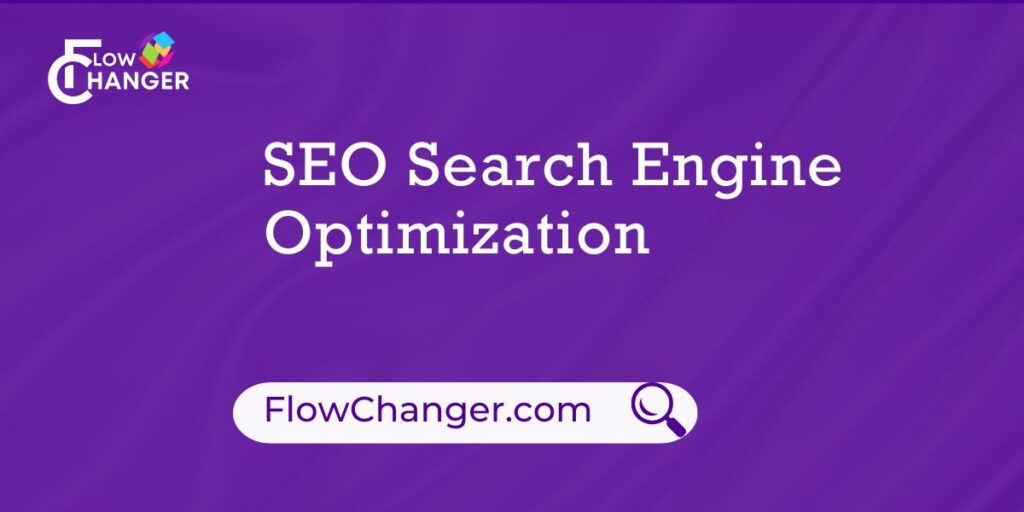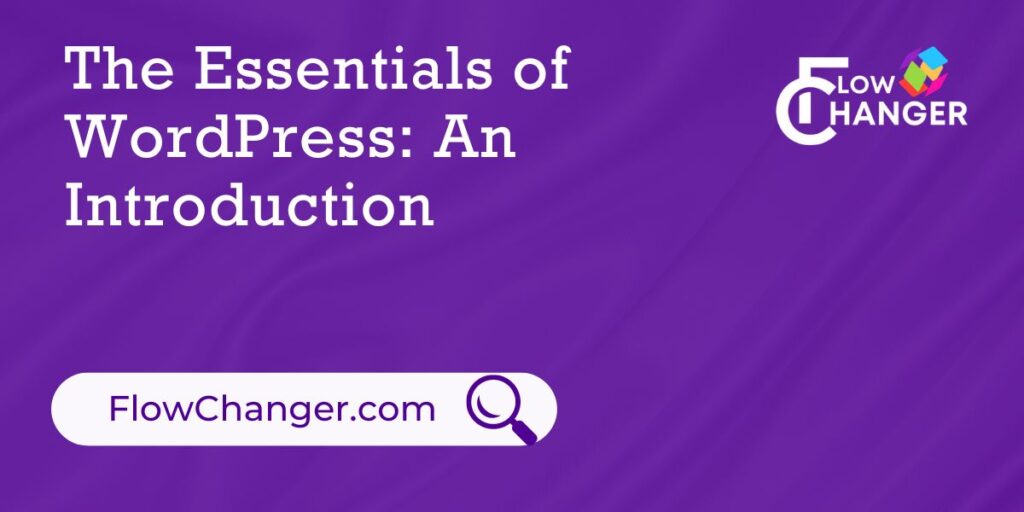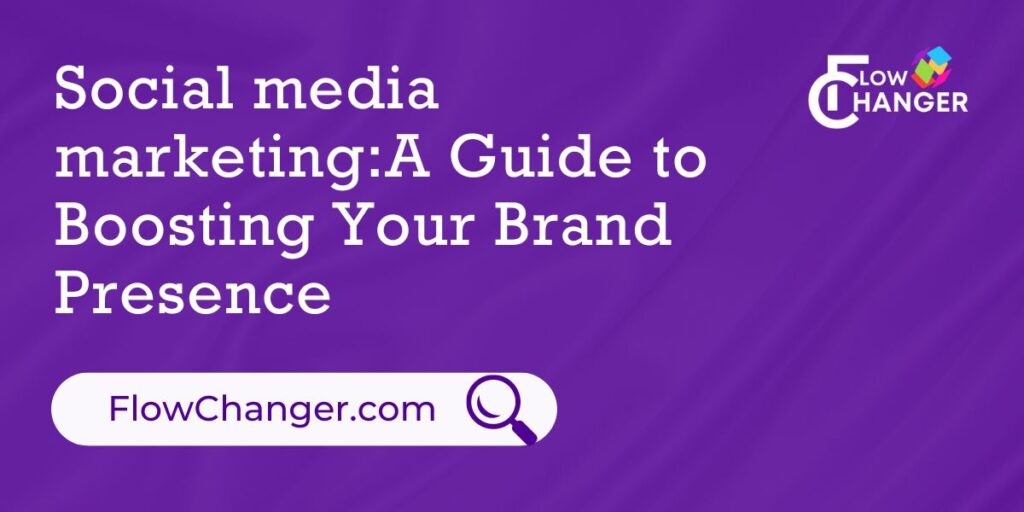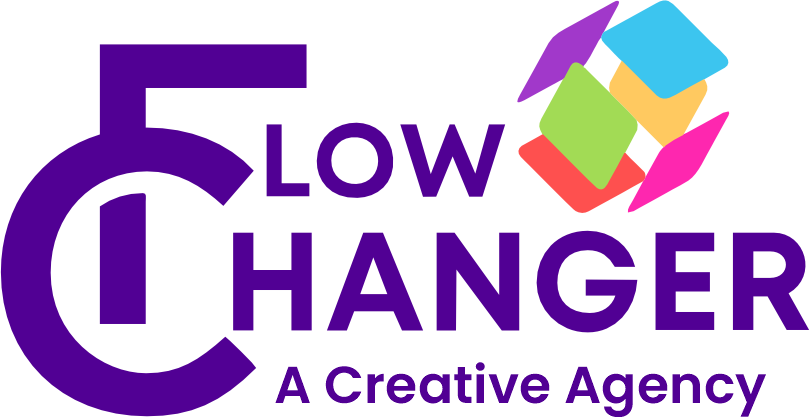Introduction to SEO
In the digital age, having a robust online presence is crucial for any business or individual looking to succeed. Search Engine Optimization (SEO) is the key to achieving this. SEO involves optimizing your website to rank higher on search engine results pages (SERPs), driving organic traffic, and increasing visibility. This guide will walk you through the essential aspects of SEO, providing you with the knowledge and tools needed to master this vital digital marketing strategy.
Understanding the Basics of SEO
SEO can be broken down into several key components:
- Keywords: These are the terms and phrases that users type into search engines. Identifying and targeting the right keywords is fundamental to any successful SEO strategy.
- On-Page SEO: This involves optimizing individual web pages to rank higher. Key elements include content quality, keyword usage, meta tags, headers, and internal linking.
- Off-Page SEO: This focuses on actions taken outside of your website to improve its ranking. This primarily involves backlinks from other reputable sites.
- Technical SEO: This ensures that your website meets the technical requirements of search engines. This includes site speed, mobile-friendliness, crawlability, and indexing.
Keyword Research: The Foundation of SEO
Keyword research is the process of identifying the terms your target audience is searching for. Tools like Google Keyword Planner, Ahrefs, and SEMrush can help you find relevant keywords with high search volume and low competition. Aim for a mix of short-tail and long-tail keywords to capture a broad audience.
On-Page SEO: Optimizing Your Content
- High-Quality Content: Content is king in the world of SEO. Your content should be informative, engaging, and relevant to your audience. It should provide value and answer the questions your target audience is asking.
- Meta Tags and Descriptions: These are snippets of text that describe your page’s content. They appear in search results and can influence click-through rates.
- Header Tags (H1, H2, H3): Use headers to structure your content. H1 tags should be used for main titles, while H2 and H3 tags can be used for subheadings.
- Internal Linking: Link to other pages on your website to keep visitors engaged and improve site navigation.
Off-Page SEO: Building Your Online Authority
Off-page SEO is all about building your website’s reputation and authority through backlinks. Here’s how to do it:
- Quality Backlinks: Focus on obtaining backlinks from reputable sites. Guest blogging, partnerships, and influencer collaborations can help you achieve this.
- Social Media: Share your content on social media platforms to increase visibility and drive traffic to your site.
- Online Directories and Listings: Ensure your business is listed on relevant online directories like Google My Business, Yelp, and industry-specific sites.
Technical SEO: Enhancing Your Site’s Performance
- Site Speed: A fast-loading site improves user experience and can boost your ranking. Use tools like Google PageSpeed Insights to test and optimize your site speed.
- Mobile-Friendliness: With the majority of searches coming from mobile devices, having a mobile-friendly site is essential. Ensure your site is responsive and provides a good user experience on all devices.
- Crawlability and Indexing: Make sure search engines can crawl and index your site. Use tools like Google Search Console to monitor your site’s performance and fix any issues.
Measuring and Analyzing Your SEO Performance
SEO is an ongoing process. Regularly monitor your performance using tools like Google Analytics and Ahrefs. Track key metrics such as organic traffic, bounce rate, and keyword rankings. Use this data to refine and improve your SEO strategy continuously.
Conclusion
Mastering SEO requires a combination of technical knowledge, strategic planning, and consistent effort. By understanding and implementing the principles outlined in this guide, you can enhance your website’s visibility, attract more organic traffic, and ultimately achieve your digital marketing goals. Remember, SEO is a marathon, not a sprint. Stay patient, stay consistent, and success will follow.






